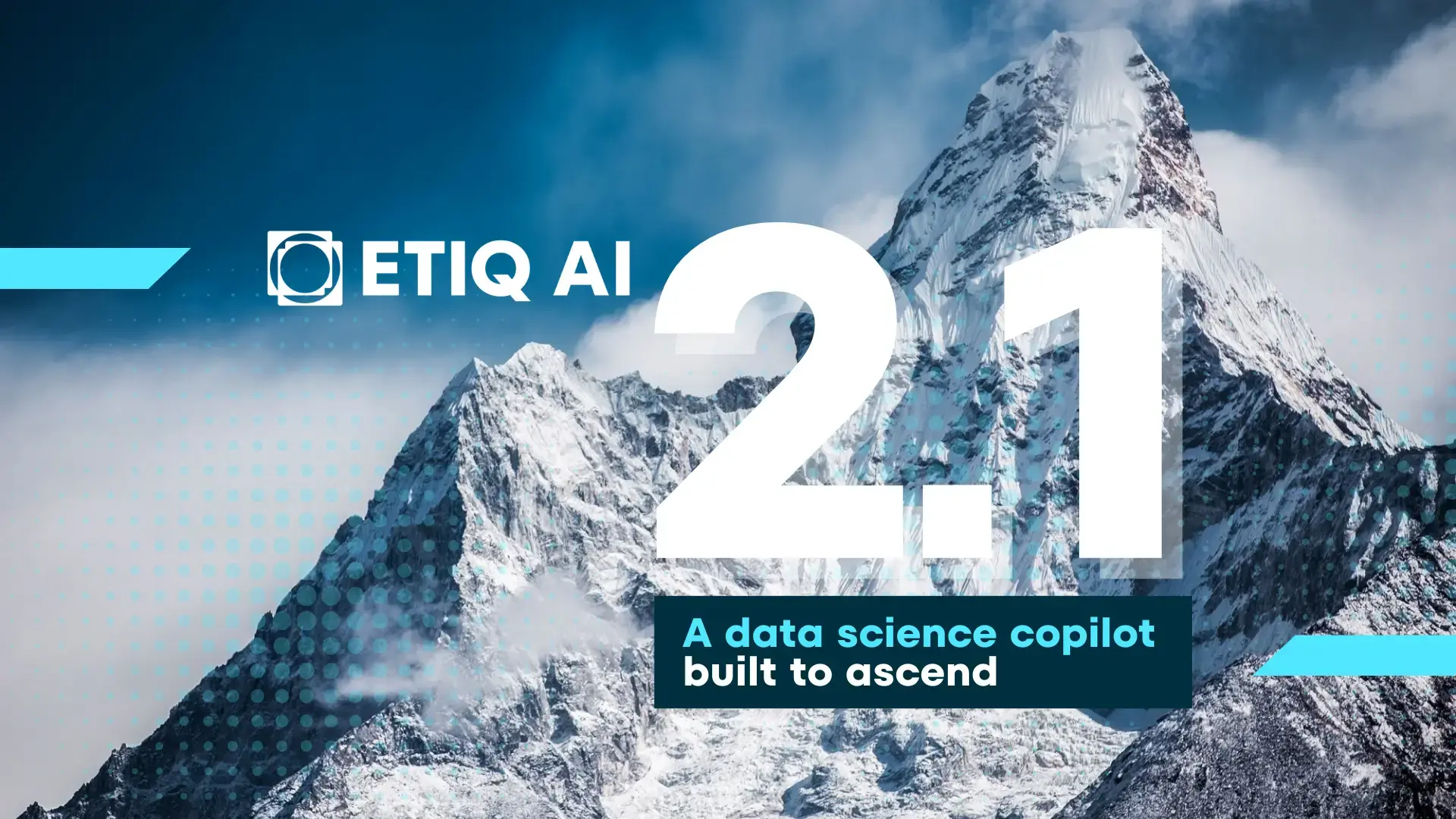Why Your Data Science Team Isn't Testing (And Why That Should Keep You Up at Night)
Your data science team just delivered what looks like a model that delivers a step-change in performance. The demo went perfectly, the accuracy numbers are impressive, and everyone's excited about the potential impact on your business. But there's a question you might not have thought to ask: Have they actually tested this thing properly?
If you're like most business leaders, testing probably feels like something that happens automatically: a technical detail your smart team handles behind the scenes. The reality? Most data science teams aren't testing nearly enough. And when AI and ML systems fail in production, the consequences can be devastating.
When AI and ML Goes Wrong, It Goes Really Wrong
Let's talk numbers that matter to your bottom line. In August 2012, Knight Capital Group—a major financial services firm—lost $440 million in 45 minutes because of a software deployment error that activated old testing code in production. The company was acquired shortly after, effectively ending its independent existence.
Wells Fargo's lending algorithms rejected nearly half of refinancing applications from black people, whilst approving 72% of applicants with similar profiles who were white, leading to multiple class-action lawsuits representing over 119,000 affected applicants. Epic Systems' sepsis detection model, deployed at hundreds of hospitals, missed 67% of sepsis patients while generating alerts for 18% of all hospitalized patients creating dangerous alert fatigue for medical staff.
These aren't obscure technical failures. These are billion-dollar mistakes that destroyed companies, harmed customers, and triggered regulatory investigations. And they all share one thing in common: inadequate testing before deployment.
The Testing Gap: Why Your Team Isn't Testing Enough
Now here is an uncomfortable truth: Data science teams often don't test their models properly, and it's not entirely their fault. Unlike traditional software development, where testing frameworks are mature and well-established, machine learning testing is complex, time-consuming, and frankly, not something most data scientists were often trained to do.
Your team faces unique challenges:
Testing isn't a core data science skill. Most data scientists have advanced degrees in statistics, mathematics, or domain expertise. Testing, particularly the kind of comprehensive testing that AI systems need, typically isn't part of their academic background. They know how to build models, but figuring out what to test and how to test it? That's a different skill entirely.
It's genuinely difficult to know what to test. Traditional software testing focuses on inputs and outputs. But AI and ML systems make decisions based on patterns in data, which means you need to test for things like bias, edge cases, data drift, and model degradation. The question "what could go wrong?" has thousands of possible answers. It could be "everything!"
Time pressure works against thorough testing. Your business wants results fast. There's pressure to deploy models quickly to capture competitive advantages or meet project deadlines. Testing feels like it slows things down, especially when demos look promising and stakeholders are eager to see impact.
The consequences feel distant. In the controlled environment of development, models often perform well. It's easy to assume that production will be similar. The real-world complexities, of noisy data, edge cases, adversarial inputs, often only become apparent after deployment.
Why This Should Matter to You as a Leader
Think about the risks you're already managing in your business. You probably have protocols for financial controls, security measures, and quality assurance. Your AI systems deserve the same level of systematic risk management.
Consider what's at stake:
Financial risk. Model failures can result in direct losses (like Knight Capital), missed opportunities, or operational inefficiencies that compound over time. Poor models make poor decisions, and poor decisions cost money.
Regulatory and legal exposure. AI discrimination cases are increasing, with financial penalties reaching millions of dollars. Regulators are paying attention, and "we didn't know our algorithm was biased" isn't a defense.
Reputational damage. In our connected world, AI failures become public quickly. Customers, partners, and investors notice when your systems make obviously wrong decisions or treat people unfairly.
Competitive disadvantage. While you're dealing with model failures and rebuilding trust, your competitors with more robust systems are moving ahead.
The question isn't whether your AI systems will face challenges in production—it's whether you'll catch problems before they become crises.
The Real Solution: Making Testing Effortless
This is where Etiq's Testing Recommendations changes the game. Instead of expecting your data scientists to become testing experts overnight, we've built an AI copilot that figures out what to test and how to test it.
Here's how it works: Our expert data science copilot sits directly within your team's development environment, observing what they're building in real-time. It analyzes their code, understands the data they're using, and automatically recommends the most relevant tests for their specific situation. Your team can run these tests with a single click, getting immediate insights into potential issues.
It learns how your team works, rather than forcing them to learn a new system. There's no complex new platform to master, no disruption to existing workflows. Etiq integrates seamlessly into the tools your team already uses.
It eliminates the guesswork. Instead of your data scientists spending hours figuring out what to test, Etiq provides specific, actionable recommendations based on their actual code and data. The system spots potential issues—like bias, edge cases, or data quality problems—before they become production disasters.
It makes testing fast and accessible. One-click test execution means testing doesn't slow down development. Your team gets the insights they need without the traditional overhead of comprehensive testing protocols.
It scales with your team. Whether you have two data scientists or twenty, Etiq ensures consistent testing standards across all your projects. Junior team members get the same level of testing guidance as senior experts.
What This Means for Your Business
With Testing Recommendations, a key feature in Etiq's Data Science Copilot, you get something that's been missing from most AI deployments: confidence. Confidence that your models have been thoroughly tested before they touch real customers or make real decisions. Confidence that you're catching bias, edge cases, and potential failures before they become problems.
Your data science team stays focused on what they do best, building innovative models that drive business value. But now they're doing it with comprehensive testing built into their workflow, not bolted on as an afterthought.
Think of it as insurance for your AI and ML investments. You wouldn't deploy financial systems without proper controls, or ship products without quality assurance. Your AI systems deserve the same level of systematic risk management.
Ready to See How It Works?
The gap between impressive demos and reliable production systems is filled with proper testing. The difference between companies that succeed with AI and those that face expensive failures often comes down to catching problems before they catch you.
If you're ready to give your team the testing capabilities they need without the complexity they don't want, we'd love to show you how Testing Recommendations, and the rest of Etiq's Data Science Copilot, can work for your specific use cases.
Contact us to set up a trial for your team. We'll work with you to get started quickly and show you exactly how comprehensive testing can become a seamless part of your development process. Because when it comes to AI and ML in production, it's better to be confident than sorry.

















